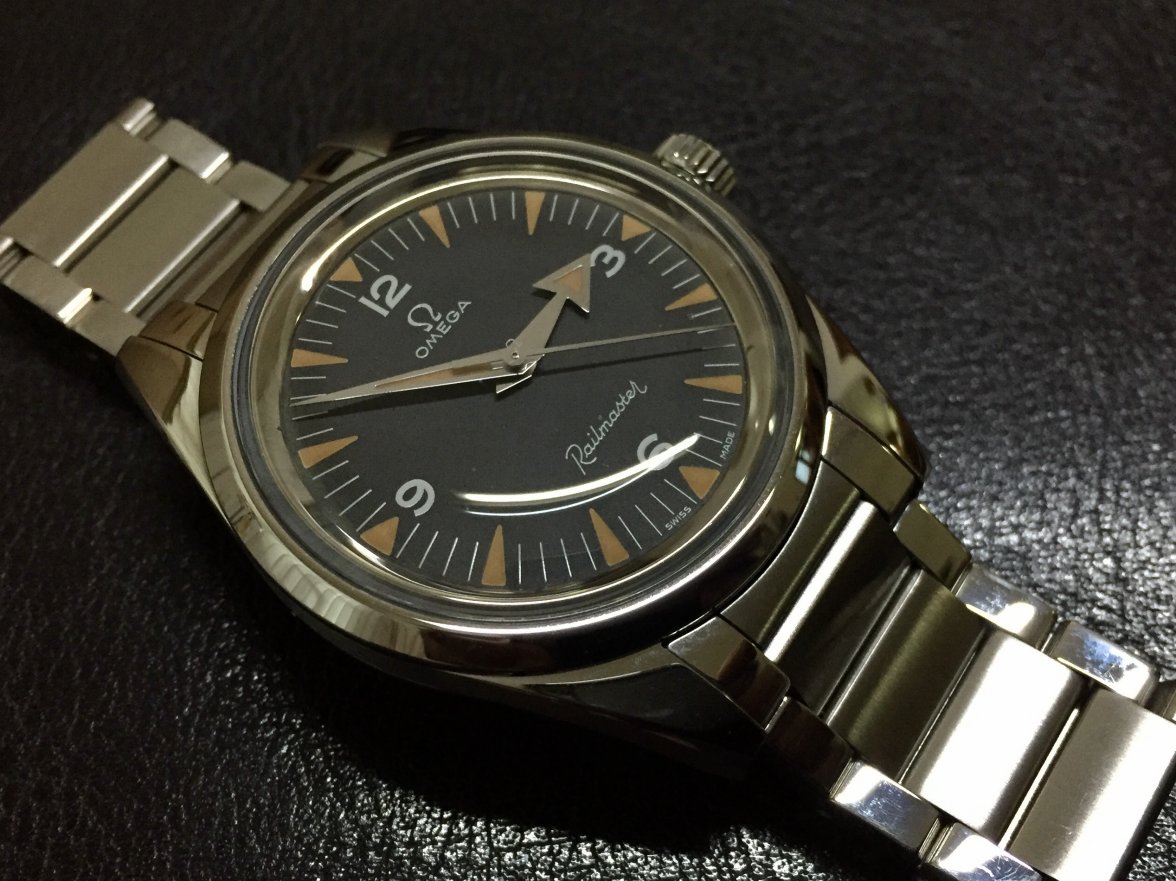Caliber561
·I said "similar," not "the same."
https://www.hodinkee.com/watch101/balance-wheel
The hairspring and balance wheel together are the regulating organ of the mechanical watch. This harmonic oscillator is very resistant to outside disturbances, which makes it especially suited to keeping track of time. The balance wheel and hairspring is very similar to the pendulum in a clock. The major difference is that the balance wheel and hairspring are portable, while the pendulum is not.
We wouldn't say that a quartz and mechanical keep time in an identical fashion simply because they show the time on a dial accompanied by at least two hands, right?

